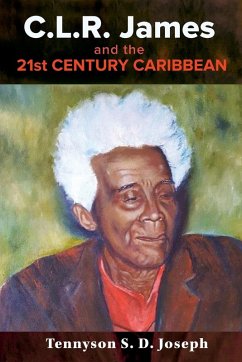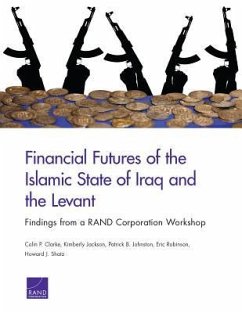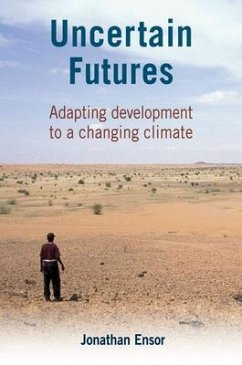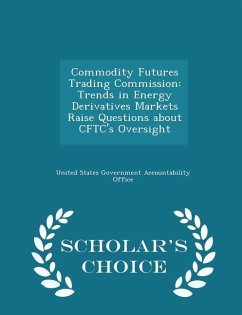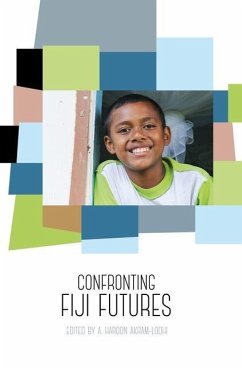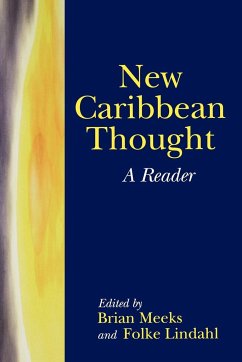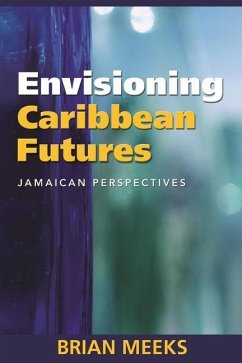
Envisioning Caribbean Futures
Jamaican Perspectives
Versandkostenfrei!
Versandfertig in über 4 Wochen
42,99 €
inkl. MwSt.

PAYBACK Punkte
21 °P sammeln!
Employing critical analysis of Caribbean intellectual thought and of the postcolonial political economy, Brian Meeks sets about proposing a manifesto for the future. What emerges is a programme for the medium term, which is pragmatic in its efforts to deal with the current crisis without engaging in the romanticism of an all-encompassing revolutionary transformation. Meeks suggests a form of participatory reorganization without, necessarily, dismantling the fundamentals of formal democratic organization. Particular emphasis is placed on rural agro-producers because their empowerment, political...
Employing critical analysis of Caribbean intellectual thought and of the postcolonial political economy, Brian Meeks sets about proposing a manifesto for the future. What emerges is a programme for the medium term, which is pragmatic in its efforts to deal with the current crisis without engaging in the romanticism of an all-encompassing revolutionary transformation. Meeks suggests a form of participatory reorganization without, necessarily, dismantling the fundamentals of formal democratic organization. Particular emphasis is placed on rural agro-producers because their empowerment, politically and economically, resolves the problem of elite domination while creating the conditions for economic democracy. He argues, finally, that the proposals can become the basis for a more fundamental social and intellectual transformation from, following Sylvia Wynter, "man" to "human," based on democracy, community and solidarity.



